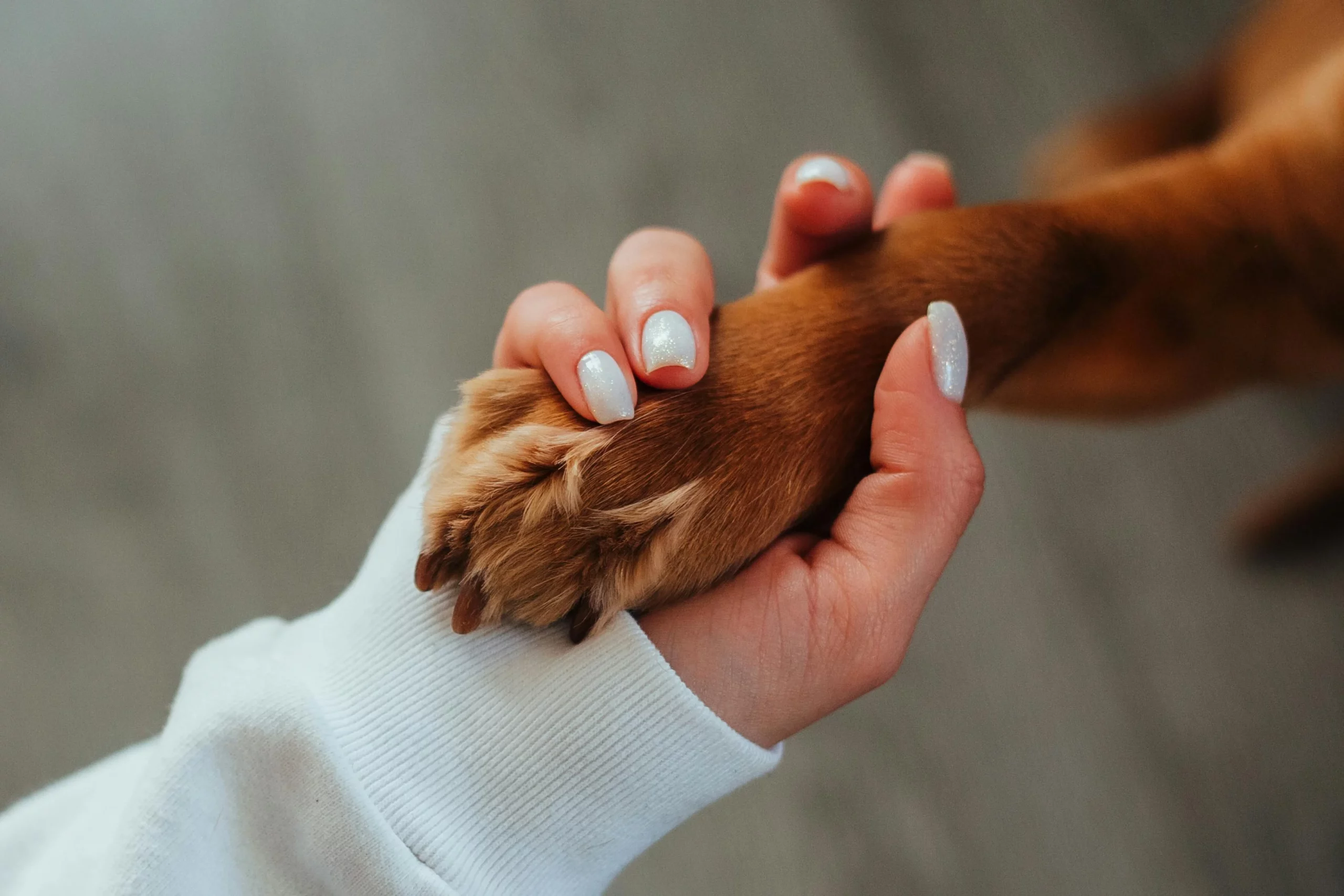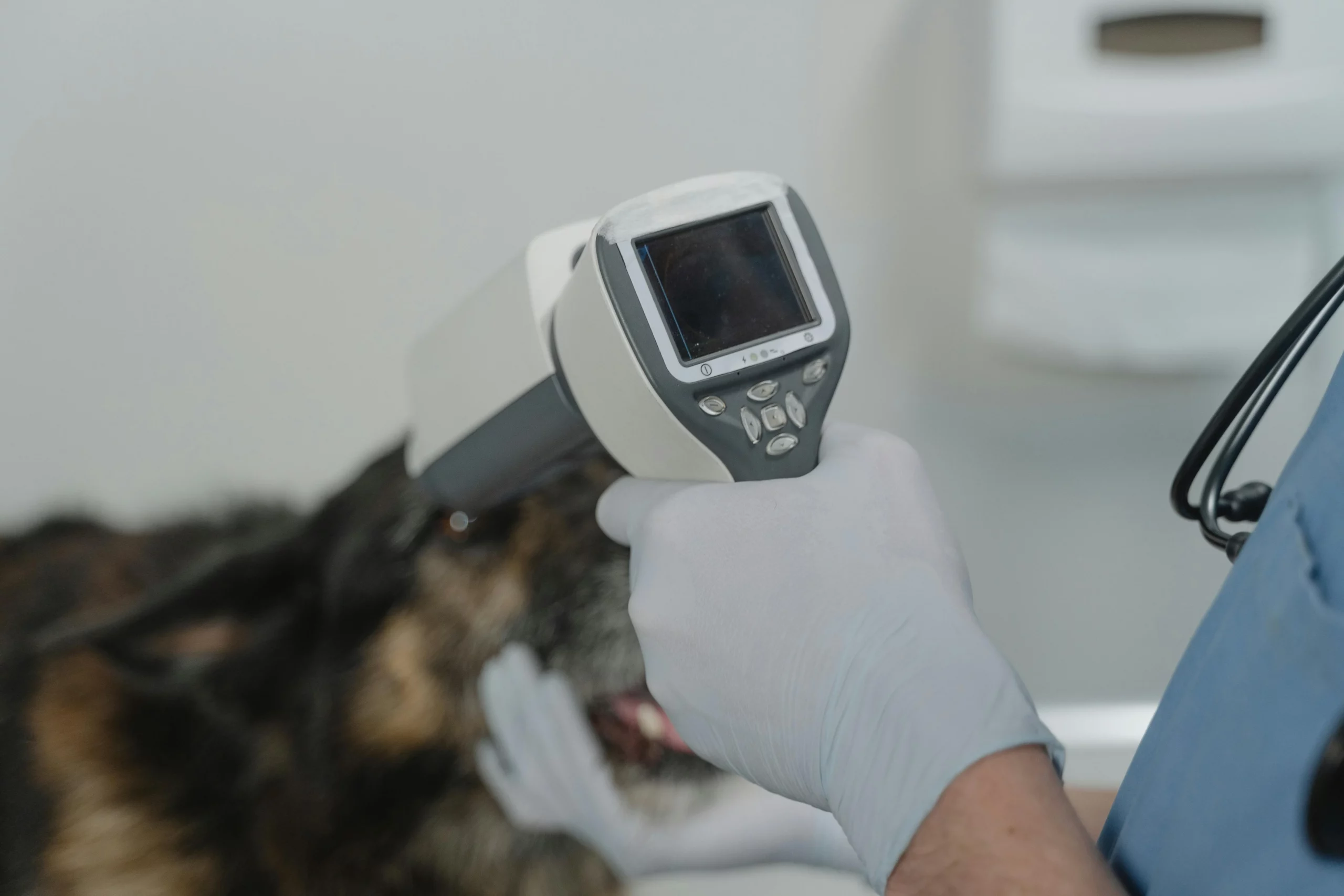Has your vet suggested giving your cat medication before an appointment? If so, you might wonder why. Rest assured, your vet isn’t being lazy, they’re looking out for your cat’s wellbeing!
Cat behaviour is a bit of a foreign language it can be really difficult to read and interpret, and things can easily be lost in translation. They have evolved to hide pain and stress.
A slight change in ear position, tightness around the mouth, or a twitch of the tail may be the only sign of a cat who is stressed or in pain. Take this cat and put them in a trusted veterinary clinic – the most stressful place for a cat to be – and you have a recipe for some serious anxiety!
How Cat Anxiety Impacts Health and Vet Visits
- A stressed cat will try to mask any signs of illness, making it difficult to find the correct diagnosis quickly
- Stress can have serious health consequences for your cat: idiopathic cystitis, immuno-suppressive disease flare-ups, delayed healing and a range of other physical issues
- Your vet may not be able to perform a complete physical exam, particularly if your cat displays their stress through reactivity and fear-aggression. This defeats the entire purpose of a visit to the vet!
How to Reduce Stress During Vet Visits
You and your veterinary team are your cat’s healthcare advocates. So how can you work together to approach this dilemma?
Firstly, ensure the veterinary team you choose for your cat are trained in, and implementing, fear free practices. The team should be working with your cat, reading their language, and taking active steps to make every aspect of the consult as low-stress as possible.
The Role of Gabapentin for Cats in Veterinary Care
Now that we understand the challenges of vet visits, let’s discuss gabapentin for cats a safe and effective medication designed to reduce stress and make veterinary care easier for both you and your feline companion.
As a cat guardian, odds are that you’ve heard of a medication called gabapentin.
Gabapentin is a jack-of-all-trades medication: it has pain relief properties, anti-seizure properties, and most importantly, anxiolytic properties. This means it reduces feelings of stress and anxiety, and promotes a calm demeanour in the face of a stressful event. It is considered to be a very safe medication for cats, and is given by mouth.
It reaches its greatest effect 2 hours after ingestion, and is usually completely out of your cat’s system within 8 – 12 hours. Side effects are fairly minimal most cats get a little drowsy, their muscles relax, and they can get a little wobbly on their feet. All these side effects resolve as the medication leaves their system.
But what does it actually DO for your cat? It takes away some of the stress, allowing them to relax, and enables your veterinary team to provide more thorough care.
Your cat can’t tell us exactly how they feel, but in clinic, we see a marked reduction in fear-aggressive behaviour (less attempts to scratch or bite, and fewer fear behaviours).
As a result, we achieve more thorough clinical examinations that are safer for your cat and our team, and if your cat visits us because they are sick, we find they are often more receptive to the treatments they need.
It’s not just our experiences that we rely on, either! There was a recent study published in the Journal of the American Veterinary Medical Association (JAVMA) that found significant behavioural improvement in cats given gabapentin.
The most significant finding was the outcome of the clinical examination: in the fear-aggressive cats who did not receive gabapentin, not a single cat was able to receive a complete physical exam; whereas every single cat given gabapentin was able to be examined thoroughly.
So if your veterinary team recommends a ‘calm cat kit’ for your cat’s next visit, it’s not just to keep our team safe it means better healthcare and a better outcome for your feline companion!
A Less Stressful Vet Visit for Your Cat
If your veterinary team recommends a ‘calm cat kit’ for your cat’s next visit, it’s not just to keep our team safe it means better healthcare and a better outcome for your feline companion.
Vet visits don’t have to be traumatic. With the right fear-free techniques and the support of gabapentin for cats, you can ensure that your cat receives the care they need without unnecessary stress.
If you’re unsure whether gabapentin is right for your cat, speak with your veterinarian about how it could help. By reducing fear and anxiety, gabapentin makes vet visits smoother, safer, and more effective because every cat deserves stress-free healthcare. Learn more about our approach to stress-free vet care at Centenary Vets.



